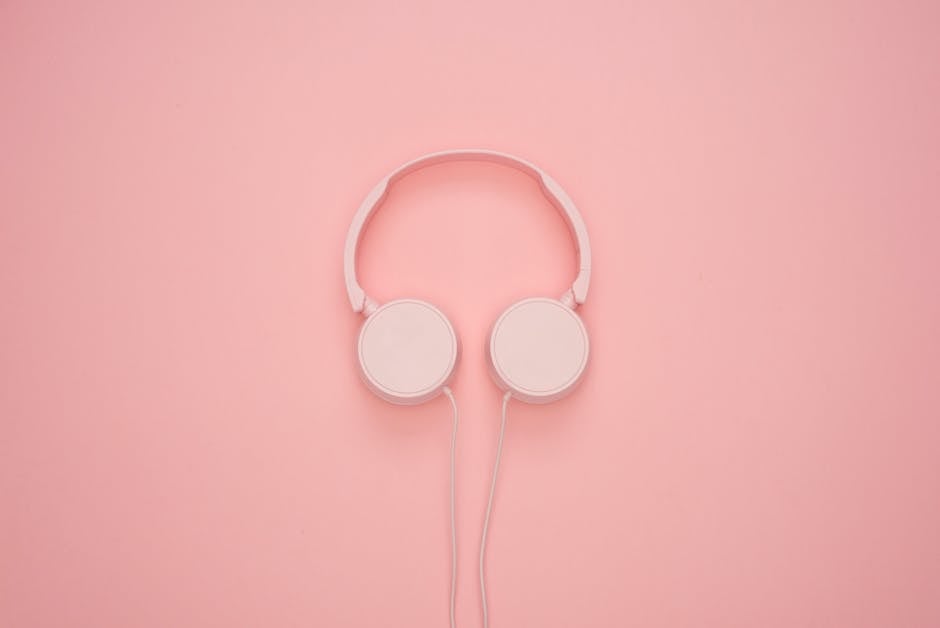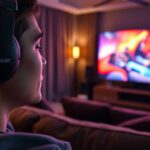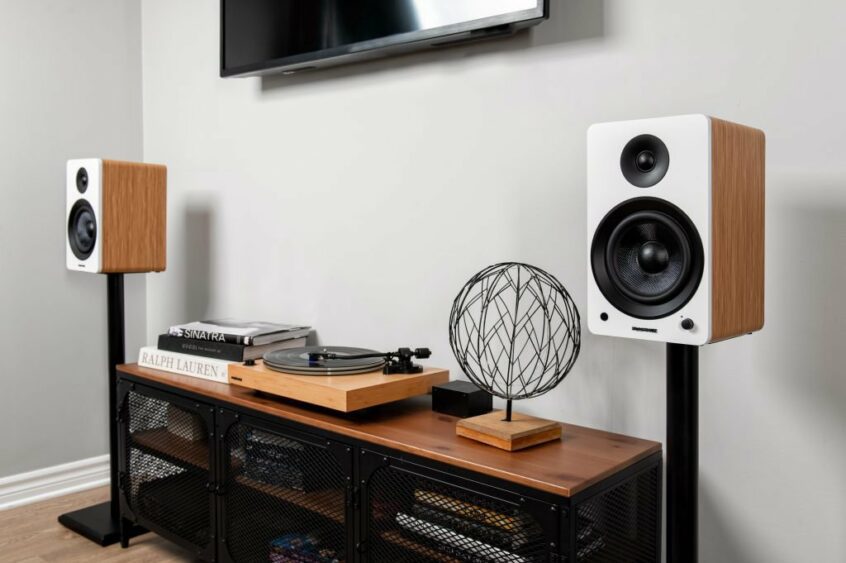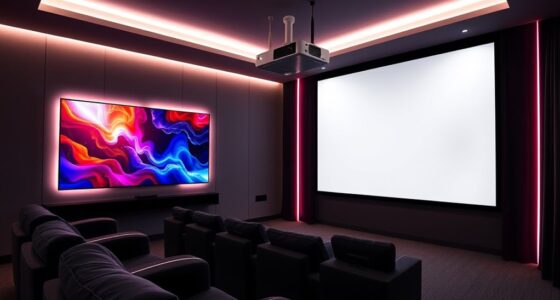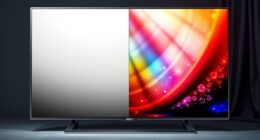Noise cancelling headphones have been growing in popularity as they are released in new models and models are updated. They are widely advertised as a necessary travel accessory as well as being a great gadget to have.
Noise cancelling headphones work by using special sensors to pick up ambient noise, a computer algorithm to process that noise, and then completely opposite noise to cancel it out.
This process requires power which is why most high-end headphones are charged via USB or have lithium ion batteries. The longer your headphones last on a charge or battery life, the more expensive they are likely to be.
There are two main risks with noise cancelling headphones: one physical and one psychological. The first will be discussed in this article, the second will be discussed later on.
Learn about noise cancelling headphones
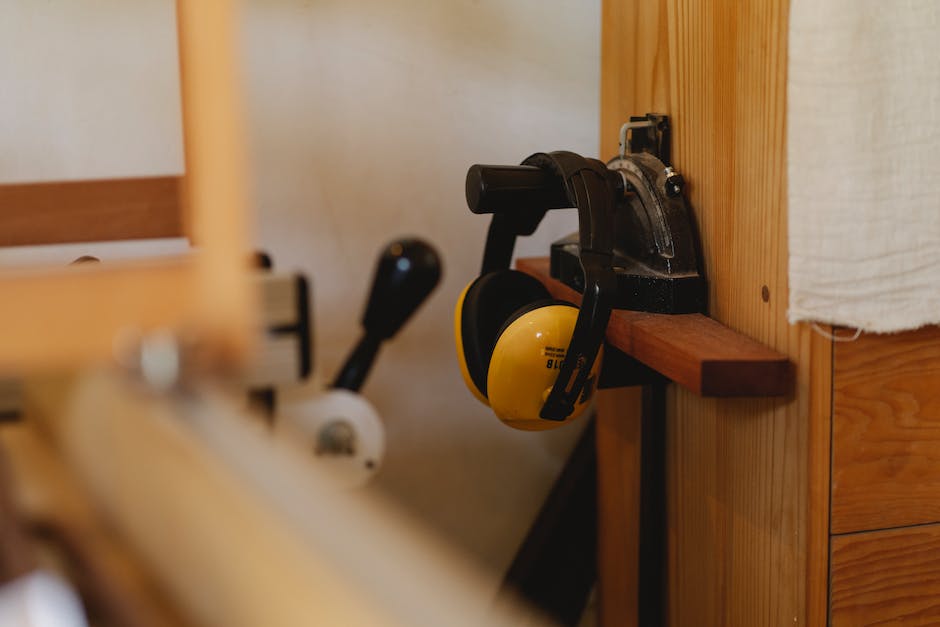
Before you buy noise cancelling headphones, you should learn a little more about how they work and how safe they are.
Noise cancelling headphones use a device inside of them to monitor the noise in your surroundings. This is typically the earbuds that have the noise cancelling feature built into them.
Then, the headphones analyze this external noise and match it with the opposite sound. For example, if there was a loud bang nearby, the headphones would use a similar sound to cancel it out.
This process uses a lot of battery power, which is why most high quality headphones do not have this feature. It is up to you if you want to invest in batteries or spend a little less money for non-noise cancelling ones.
Before buying any pair of headphones, check if they are noise cancelling or not! If you are looking for pure silence, then get non-noise cancelling ones.
Understand the technology behind noise cancelling headphones
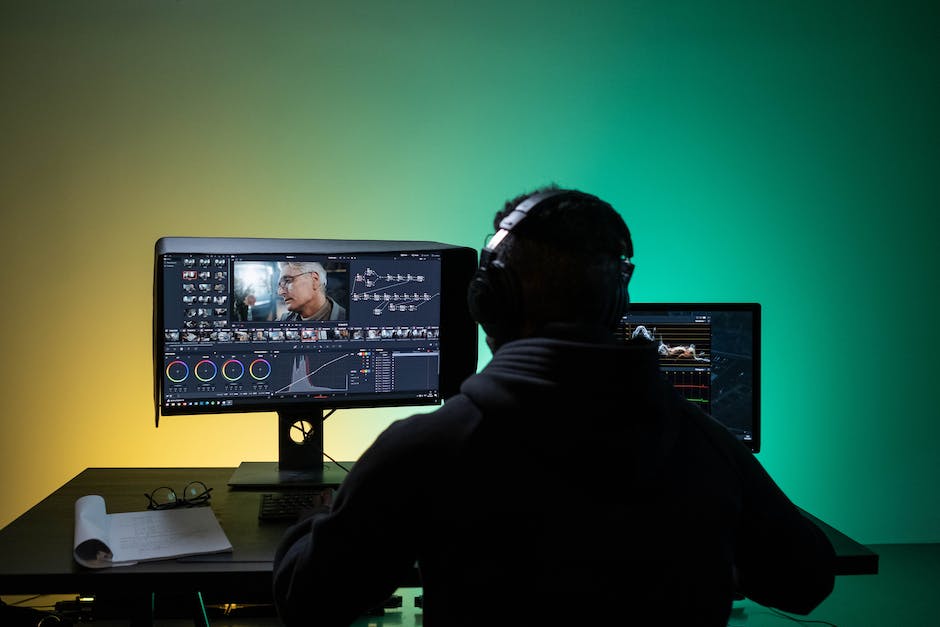
Before exploring if noise cancelling headphones are safe or not, it is important to understand how they work. Noise cancelling headphones use microelectronic circuitry to process sound waves.
They use a device called a mic that picks up external sounds, then send that information to a chip that processes the sound. The chip then sends processed sound to the speakers which process and give back internal sound to the user.
The first step of the noise cancelling process is to pick up external sound. The chip then analyzes the amplitude (loudness) and frequency (pitch) of the sound, then sends this data to a processor. The processor uses special algorithms to either increase or decrease the amplitude of internal sounds based on what was picked up from outside sounds.
The second step is to give back internal sounds that are processed based on what was selected by the user on their device.
How effective are they?

Although the main appeal of noise cancelling headphones is the ability to cut out external noise, they are not always very effective.
They work by using a sensor that detects ambient noise, a processor that identifies what type of noise it is, and an actuator that changes the incoming sound wave.
The problem is that if the noise is coming from inside the headphone or device, it cannot be cancelled. Also, if there is too much noise outside the headphone, it will not be fully cancelled.
Some higher-end models use more sophisticated sensors and actuators to better cancel out sound, but at about $300-$400 you are getting the best one! There are some cheap ones that claim to cancel sound, but do not work well.
And lastly, although they can reduce loud noises like plane engine sounds or street traffic, they have trouble with softer sounds like people talking.
What are the dangers?

While noise-cancelling headphones are an excellent tool for people who are overly sensitive to sounds, they have some drawbacks. They can create a false sense of sound safety.
People who wear them may still be exposed to loud noises depending on how much they pay attention to their surrounds. They can also increase stress by making it harder to hear external sounds that may be a threat.
Those with PTSD may experience higher levels of stress and anxiety due to the absence of external sounds. This is why it is important to use ones with a feature that turns off the internal music so you can still hear what is around you.
Others may simply pay less attention to their surroundings because they are focusing on their internal music instead. This can put people at risk if they do not take appropriate safety measures.
Noise-cancelling headphones make it easier for people to shut out external sounds, but only if you’re listening to music.
Are they safe?

Although noise cancelling headphones have several benefits, their safety has been questioned recently. Many people believe that the increased accessibility to silence due to the technology is a bad thing.
Noise cancelling headphones reduce the need to block outside sounds. This may lead to someone being more vulnerable to sound or noise in their environment.
They also may lead to a false sense of security, as someone with noise cancelling headphones in may not be aware of what is happening around them. This is a dangerous combination that could lead to serious consequences.
Those who are in the military, law enforcement, or civilian defense personnel use these headphones for a reason: They make your surroundings quieter so you can focus on what you’re listening to. You become more aware of your environment because of this fact. (This is why they give out free ear plugs at work- unfortunately, they do not last long.
What about Bluetooth speakers?

While the same safety concerns exist for Bluetooth headphones, the ability to play music from a distance via the wireless connection creates another hazard.
If you are listening to music on your phone via Bluetooth and have your headphones in, someone could connect to your device and play whatever music they want.
This is why it is important to keep track of your devices- if someone steals your phone or Bluetooth speaker, they cannot connect to any other devices unless you give them new ones.
While this may seem silly, it has happened before and could seriously disrupt a workout or day off.
Options for reducing noise without headphones or speakers

While noise cancelling headphones are a great tool to have, they are not the only tool. There are a few other ways to reduce noise that do not require spending money.
Noise can be reduced by staying indoors, closing windows and doors and using an air conditioner or fan to get fresh air. This was actually recommended by the World Health Organization during heat waves to help prevent respiratory diseases such as pneumonia.
You can also use ear plugs or ear muffs to reduce sound as well. These can be purchased for a reasonable price at most local hardware stores.
Another way to reduce noise is to stay in groups. If you hear something strange or see something that makes you worried, go with another person or group of people to check it out. This way, you can also help each other if something does happen.
Know when to use them

Noise cancelling headphones are a great tool, but like all tools, they can be harmful in the wrong hands. Since they reduce noise entering the ear, they can also reduce noise entering the ear of someone nearby!
This is not a good thing because you can’t tell if someone or something is too close for comfort when you have headphones on. This could potentially put you or someone else in danger.
Additionally, if you are listening to music or podcasts at a high volume, then people around you will not be able to hear any outside sounds. This could also put yourself or others in danger by not hearing important things such as phones ringing or people calling your name.
Noise cancelling headphones are best used for times when you need to block out all outside sounds. Try to have a setting on your phone that turns off the music after a certain amount of time so that this does not occur.
Hi, I’m Dominique. I love movies and want everyone to have the best home cinema experience possible. That’s why I started 1home Theatre Projector. We help people build their home cinema system using the latest technology and news on laser tv and all-around home entertainment.
We’re a small team of movie buffs (and experts) who are passionate about giving our readers the best advice and information possible. So whether you’re just starting out or you’re looking to upgrade your home cinema system, we’ve got you covered!

